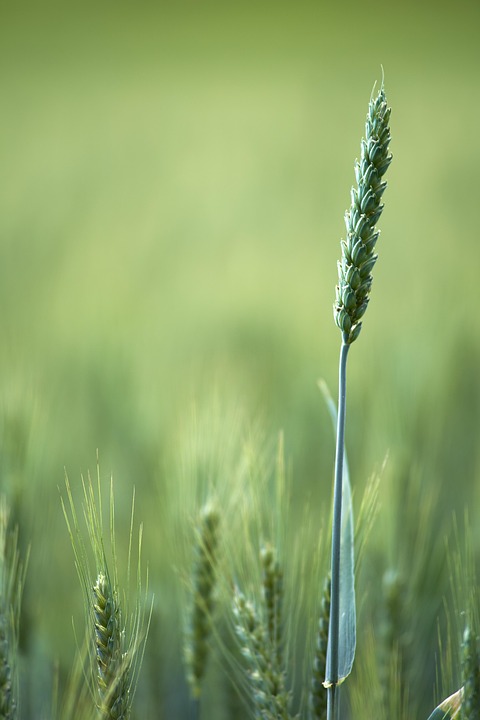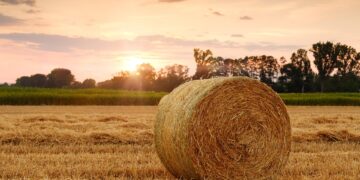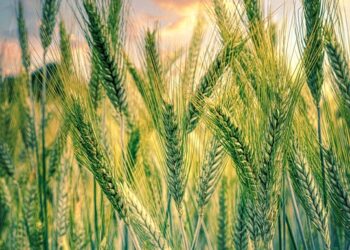Sustainable Farming: Cultivating Local Flavors in Our Community
Sustainable farming is an agricultural practice that focuses on producing food in a way that is environmentally friendly, economically viable, and socially responsible. This type of farming aims to meet the needs of the present without compromising the ability of future generations to meet their own needs. In recent years, sustainable farming has gained popularity as consumers become more conscious of where their food comes from and how it is produced. One of the key benefits of sustainable farming is its ability to cultivate local flavors in our community.
What is Sustainable Farming?
Sustainable farming involves using techniques that promote soil health, conserve water, reduce pollution, and protect biodiversity. This includes practices such as crop rotation, cover cropping, integrated pest management, and composting. By adopting these methods, farmers can produce high-quality food while minimizing their impact on the environment. Sustainable farming also emphasizes the importance of treating farm workers fairly and supporting local communities.
Cultivating Local Flavors
One of the most exciting aspects of sustainable farming is its ability to cultivate local flavors in our community. By growing a diverse range of crops that are well-suited to the local climate and soil conditions, farmers can produce unique and delicious foods that reflect the region’s culinary heritage. These local flavors not only taste better but also support the local economy and promote food security.
When you buy food that is grown locally, you are not only supporting small-scale farmers but also reducing the carbon footprint of your meals. Locally grown food requires less transportation, packaging, and refrigeration than food that is shipped long distances. This means that buying local food is not only better for the environment but also fresher and more nutritious.
Benefits of Sustainable Farming
There are many benefits to sustainable farming, both for the environment and for our communities. Some of the key advantages include:
- Improved soil health: Sustainable farming practices help to build healthy soils that are rich in nutrients and organic matter. This leads to higher yields, better water retention, and reduced erosion.
- Conservation of water: By using water-saving techniques such as drip irrigation and rainwater harvesting, sustainable farmers can reduce their water usage and protect local water sources.
- Reduced pollution: Sustainable farming minimizes the use of synthetic fertilizers and pesticides, which can harm wildlife and contaminate waterways. By using natural methods to control pests and weeds, farmers can protect the environment and human health.
- Support for local communities: Sustainable farming creates jobs, stimulates economic growth, and promotes food security in our communities. By buying food that is grown locally, consumers can help to strengthen the local food system and support small-scale farmers.
How to Support Sustainable Farming
If you are interested in supporting sustainable farming in your community, there are several steps you can take:
- Buy local: Look for farmers markets, co-ops, and farm stands in your area where you can purchase fresh, locally grown food.
- Join a CSA: Community Supported Agriculture (CSA) programs allow you to buy a share of a local farm’s harvest in advance, providing you with a regular supply of fresh produce throughout the growing season.
- Grow your own food: Consider starting a garden in your backyard or joining a community garden to grow your own fruits and vegetables.
- Support sustainable brands: Look for food products that are certified organic, fair trade, or non-GMO to ensure that your purchases support sustainable farming practices.
Conclusion
Sustainable farming is a powerful tool for cultivating local flavors in our community. By supporting small-scale farmers who use environmentally friendly practices, we can enjoy delicious, nutritious food while protecting the environment and promoting food security. Whether you buy food at a farmers market, join a CSA, or grow your own fruits and vegetables, there are many ways to support sustainable farming in your community. Together, we can create a more sustainable food system that benefits both people and the planet.
Join the movement for sustainable farming today and taste the difference of local flavors in your community.











